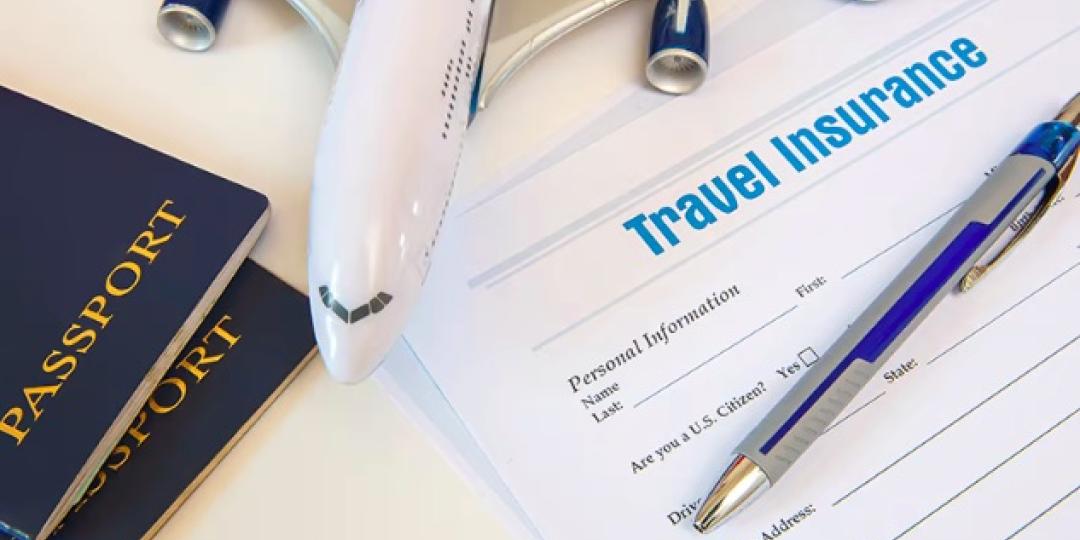In a post-COVID world, where travellers are more aware of the risks than ever, there is a heightened awareness of the need to manage travel risks. This has increased the demand for travel insurance policies.
Many countries still require travellers to take out a travel insurance policy as a visa condition, and while travel insurance does not provide cover for every possible eventuality, travellers need to understand what cover is available to protect themselves, their belongings and their experiences.
“We encourage travellers to read travel advisories and familiarise themselves with the laws of the destination they are travelling to and through,” says Anrieth Symon, Head of Travel at Bryte Insurance.
Taking the time to understand an insurance policy before travel, ensures that travellers can benefit from travel insurance when they need it most.
“We have introduced benefits such as cover if you test positive for an infectious or contagious disease on your insured journey, and quarantine cover as a result of this positive test. With the revival of travel, we can see how these product enhancements benefit our clients,” says Symon.
“Travellers continue experiencing high levels of uncertainty. However, by asking your travel agent and insurer questions about benefits, the limits that apply, the available cover and what the insurer does not cover, travellers can ensure they purchase the right plan that offers suitable cover for their trip.”
The heartbeat of travel
Travel Insurance Consultants (TIC), the largest travel insurance company in South Africa, maintains that the heartbeat of travel is medical cover. Despite relaxation of the required COVID-inclusive insurance by some countries, there are still many other medical risks travellers should keep in mind.
“Just because COVID cover is not specifically required does not make the product in its entirety less important,” says TIC Sales Manager, Karen Botha.
“Fit and healthy travellers are at equal risk. It’s important to note that more than half of TIC’s medical claims are accident- and injury-related and not due to illness or disease. Let’s not forget the exchange rate. A minor medical claim payable in foreign currency can set you back a substantial amount in rands,” she points out.
“The pandemic brought travel to a grinding halt globally, and it is difficult to conceive that today travellers may not consider travel insurance as part of their travel plans,” adds Simmy Micheli, TIC Manager - Sales & Marketing.
























